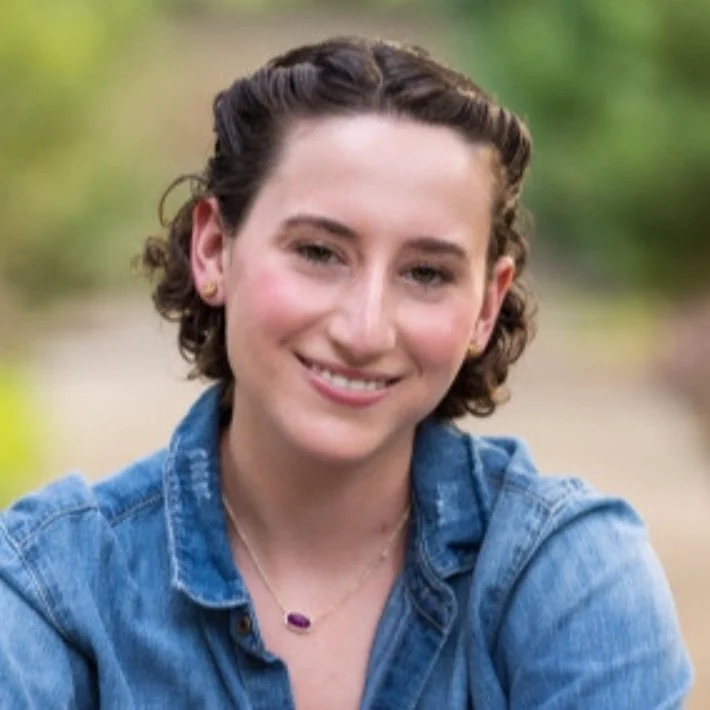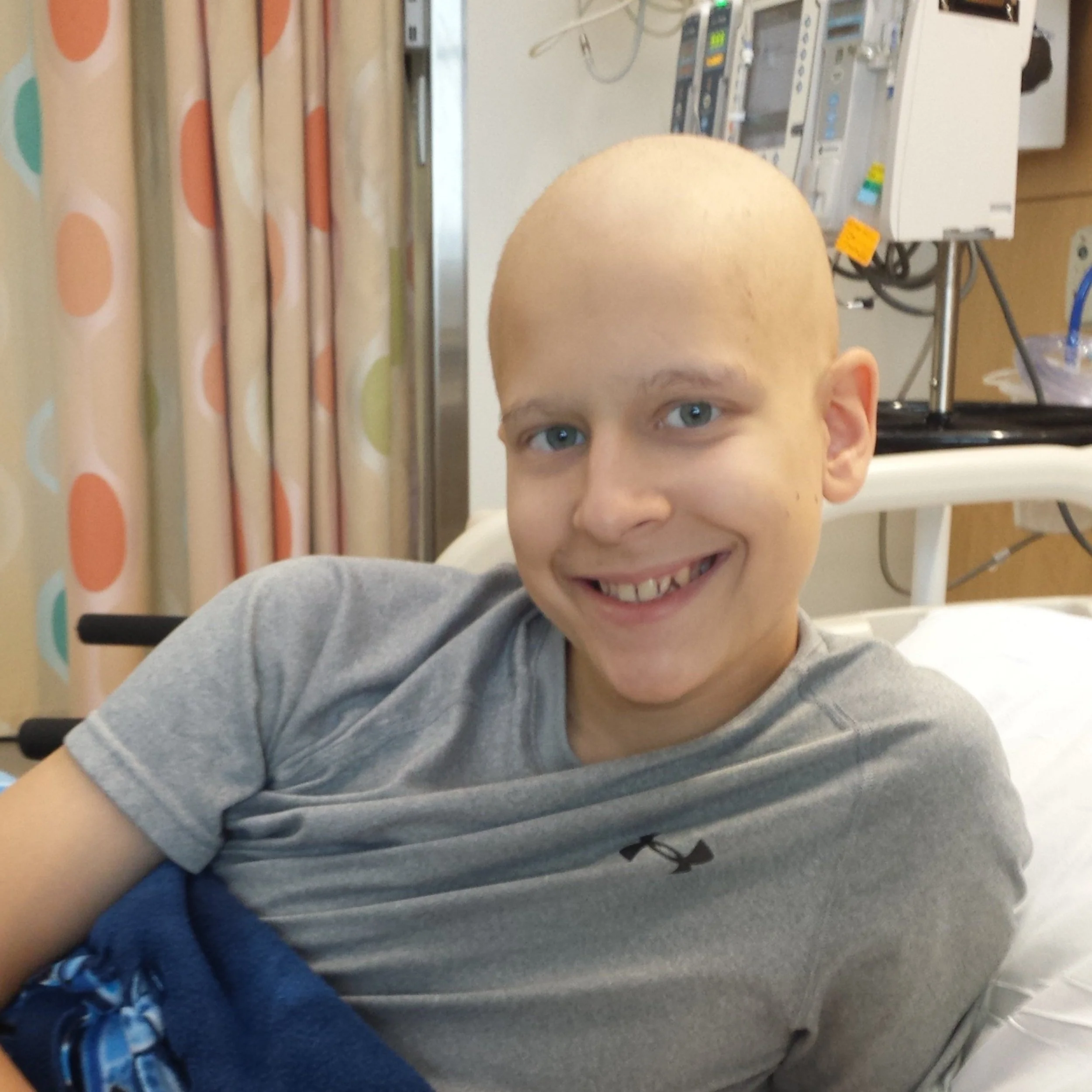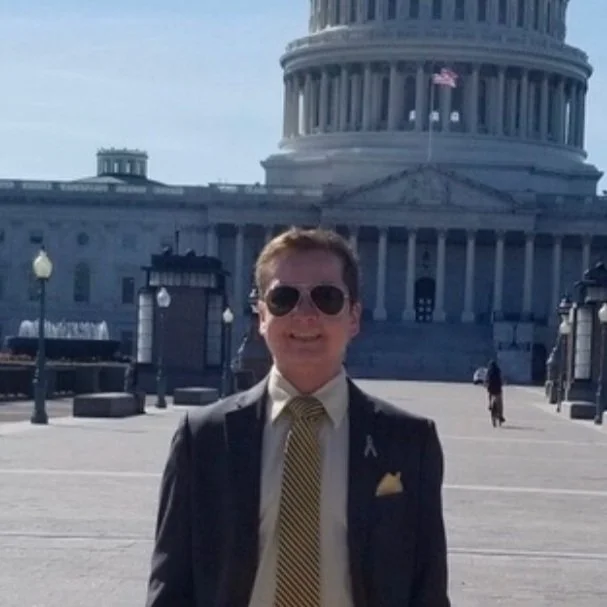College Scholars Program
Introducing the Class of 2020
To help more childhood cancer survivors in this challenging year, we are excited to announce that we expanded the number of college scholarships we’re awarding in 2020: Our College Scholars Program typically awards two survivor students annually but this year we are proud to welcome seven survivors into the program!
These survivors receive a financial scholarship to help with academic expenses and gain valuable cancer advocacy experience. Each member of our College Scholars Program completes a project of their choosing related to childhood cancer advocacy, with support and mentorship from the Children's Cancer Cause team.
Congratulations to each of these very deserving and inspiring young people!
MEET OUR GOLD SCHOLARS:
Abby, of Winchester, Virginia, was diagnosed with high risk T-cell ALL at age 15. Today, she is studying public health at Shenandoah University, working towards her dream of becoming a pediatric oncology nurse.
“I cannot leave the cancer world behind me and just move on,” says Abby. “I have been exposed to too much and seen things I never knew existed. I want to give back and help other children fight cancer.”
Abby remembers feeling incredibly isolated during her treatment. For her advocacy project, she aims to combat loneliness with a new online forum to bring teens with cancer together. Abby plans to also include a mentorship component for adult survivors to offer resources and support.
Kaili, of McHenry, Illinois, was diagnosed with Hodgkin’s Lymphoma when she was 12 years old, a defining experience that would later help her find her voice and discover her natural leadership abilities.
While still in high school, Kaili became a champion for social justice and healthcare reform. She will be studying political science in the fall at Northwestern University.
For her advocacy project, Kaili will launch a digital action network for childhood cancer patients and survivors. “Cancer can be silencing, especially when it feels as if everyone else is speaking for you. But we can make a considerable change on the issues that directly impact us and the people we love: all it takes is a call to action.”
MEET OUR SILVER SCHOLARS:
Meaghan, of Potomac, Maryland, was diagnosed with Hodgkin’s Lymphoma when she was 15 years old. Today, she is looking forward to beginning her college career at Vanderbilt University in the fall of 2020, where she plans to major in chemical engineering.
“When I was first diagnosed with cancer, I had no idea how to advocate for myself and ask the right questions. As a result, I put up with a slew of side effects that could have been prevented and managed if I had the information to plan preemptively, and if I had the confidence to self-advocate,” says Meaghan.
Meaghan wants to empower other adolescent and young adult (AYA) cancer patients to be strong self-advocates. For her advocacy project, she is creating an app to help AYA patients better navigate available support and resources.
Ryan was just five years old when he was diagnosed with a brain tumor.
The native of Sullivan, Missouri, battled through late effects of treatment from his first diagnosis and from a second surgery when he was 14. Growing up, he was often frustrated that he had to work so much harder than his peers, in school and in sports. Ryan’s passion for sports motivated him to push through his challenges. “Today, I am glad that I am a normal college student. I focus on what I can do and do it the best I can. I am a fighter!”
Ryan is studying Sports Management at Fontbonne University, where he works with the basketball teams. For his advocacy project, he aims to help other kids with chronic illness who share his passion for sports by bringing them to his university for a game day with the collegiate athletes.
MEET OUR BRONZE SCHOLARS:
Michael, of Bothell, Washington, was diagnosed with Ewing’s Sarcoma on the last day of 8th grade. Three years later, the then-17-year-old suffered a stage four recurrence and was given just a 15 percent chance of survival.
Today, Michael is studying biochemistry at the University of Washington in Seattle. For his advocacy project, he plans to organize a bone marrow and blood cell drive on his campus.
“When I first battled cancer, I required the donation of bone marrow. I would have died if no one donated their bone marrow. When I battled cancer for the second time, I required the donation of peripheral blood stem cells. I would have died if no one donated their blood cells.
Because of these two experiences, I greatly value the generosity of organ and blood donors.”
Patrick is a seven-time cancer survivor attending the University of Louisville.
After three experimental clinical trials and six relapses, the Kentucky native received a second bone marrow transplant in May 2018.
”Since then I have remained cancer-free, but I have dealt with numerous side effects. My survival has not come without significant cost to my future health. This shouldn’t be the case, and I want people to understand that the fight isn’t over once you’re declared cancer-free. A battle with cancer leaves life-long survivorship issues.”
For his advocacy project, Patrick plans to hold a community event on survivorship issues, incorporating both educational and advocacy components.
Sequoia, of Bulverde, Texas, was diagnosed with Non-Hodgkin’s Lymphoma when she was fifteen. Today, she is pursuing a biology degree in Global Health at Baylor University — while still receiving maintenance chemotherapy.
Sequoia recounts feelings of awkwardness about her time as a teenager spent in a pediatric oncology ward, surrounded by activities geared toward little kids.
For her advocacy project, Sequoia plans to help hospitals set up teen-friendly activities in a relaxed and fun environment.
“I know firsthand how lonely being in the hospital can feel and how difficult it can be without people your age to relate to,” says Sequoia. “Life in a hospital is never fun but I believe there’s a way to make it a little easier for teenage patients through connection with others.”







